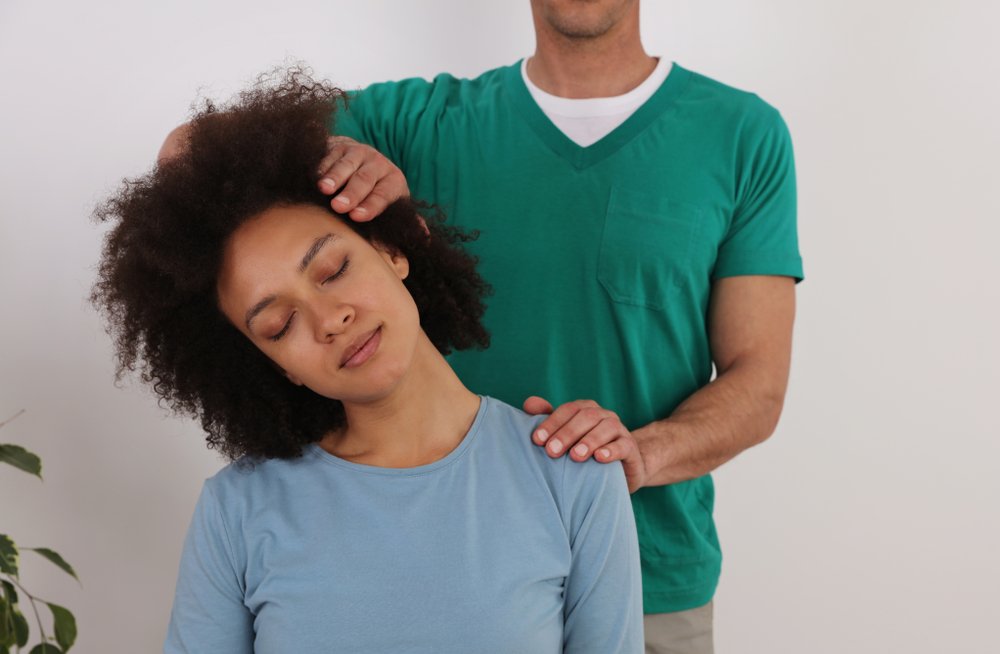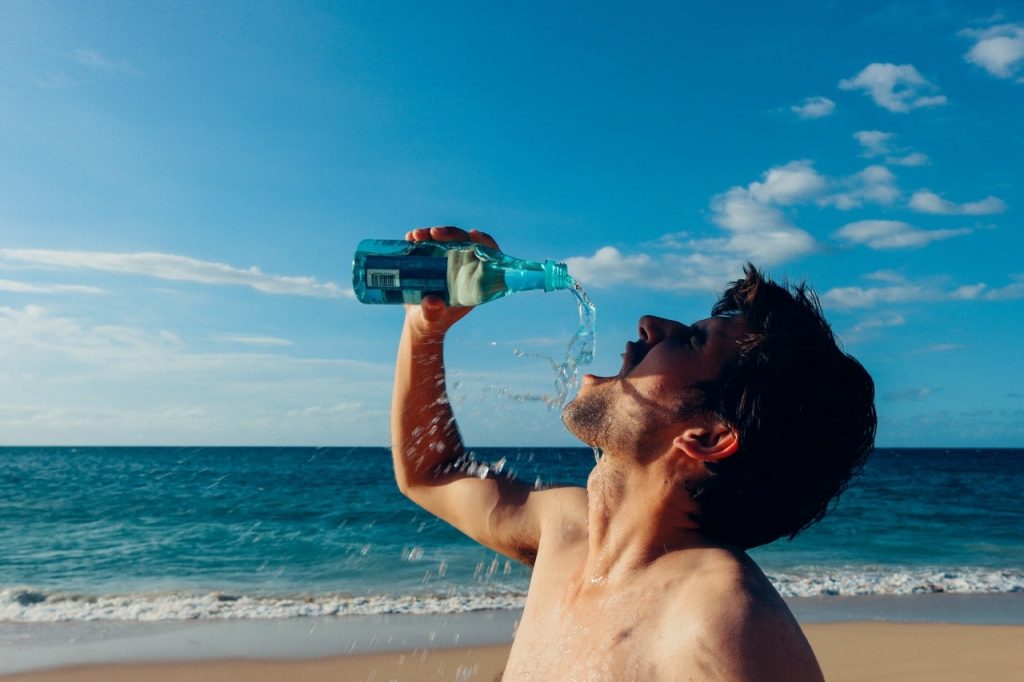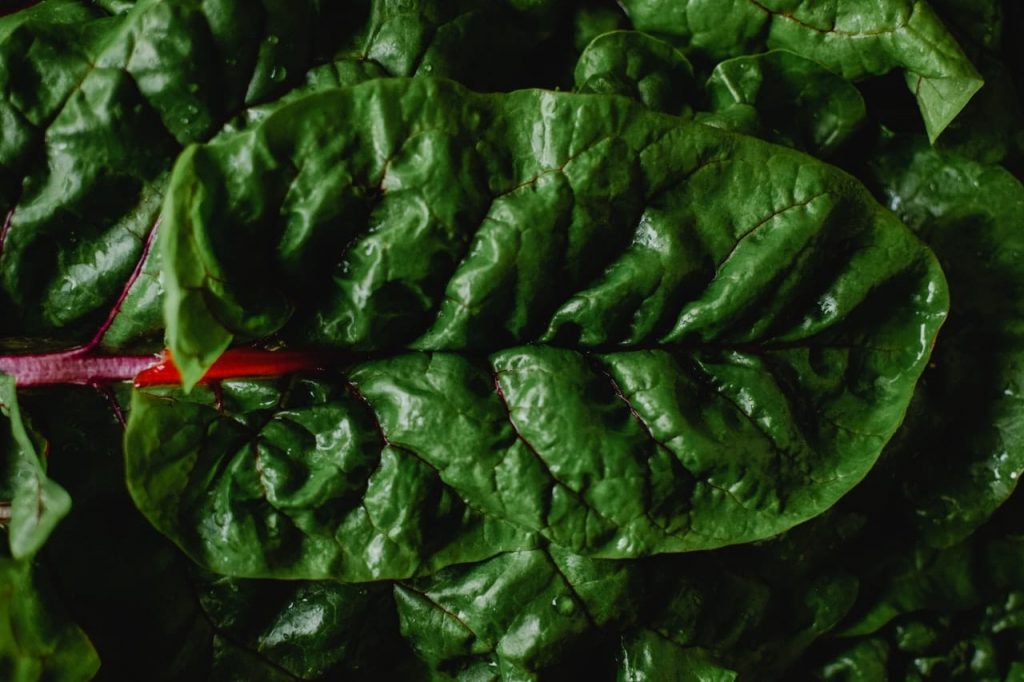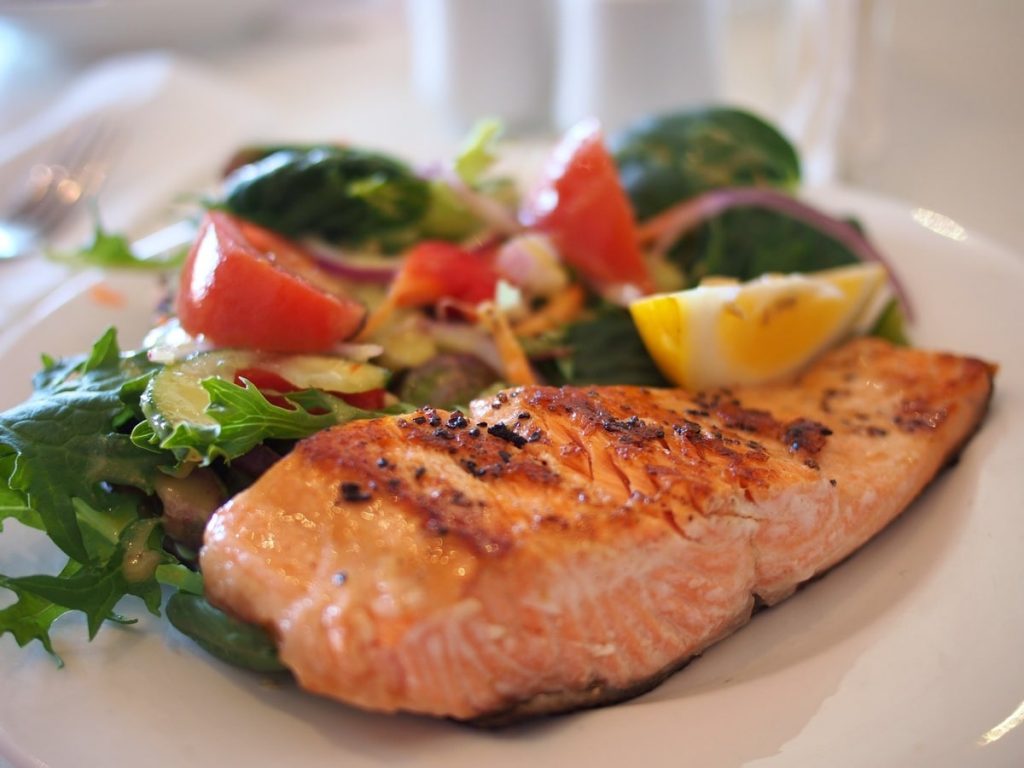Gut Health & Addiction Recovery: Can Probiotics Curb Cravings?
Gut health plays a powerful role in addiction recovery—because your gut and brain are directly connected through the gut-brain axis. Trillions of gut bacteria produce neurotransmitters (like dopamine and serotonin) that influence your mood and cravings. They also create short-chain fatty acids like butyrate that strengthen the gut lining and support your nervous system and brain function.
When your microbiome is balanced, it regulates mood and stress, supports immunity, and keeps the brain’s reward system in check. But when it’s not (gut dysbiosis), it can spell trouble.
Gut Dysbiosis in Substance Use Disorders
It’s now well established that addiction affects the brain and also disrupts the gut. People with substance use disorders (SUDs) often show significant changes in their gut microbiome composition.
Generally, there is a decrease in beneficial, “healthy” bacteria and an overgrowth of pro-inflammatory microbes. For example, studies find lower levels of friendly bacteria that produce essential metabolites (like SCFAs) and higher levels of harmful species (such as certain Proteobacteria) in those abusing drugs or alcohol.
With fewer protective microbes, the intestinal wall can become more permeable (leaky), leading to increased inflammation throughout the gut and body. Chronic substance use often leads to gut inflammation and a weakened intestinal barrier. A leaky gut allows bacterial toxins to escape into the bloodstream and trigger immune responses, and those inflammatory cytokines can travel to the brain. This immune activation may disrupt the brain’s reward circuits and worsen anxiety and depression, intensifying cravings.
It can become a vicious cycle: substance use damages the gut, and the resulting inflammation drives stronger urges to use the substance as a form of self-medication.

Leaky Gut, Mood Disorders, and Cravings
Growing evidence links leaky gut syndrome to worse outcomes in addiction. One study of alcohol-dependent patients found that those with leaky gut had much higher anxiety, depression, and alcohol cravings, and were more likely to relapse after detox. This group also showed more unhealthy gut bacteria, suggesting that microbial imbalance and gut permeability drive up inflammation and intensify cravings. Toxins escaping from a leaky gut (like LPS) can reach the brain’s reward and stress centers, amplifying negative moods and lowering the threshold for relapse.
Opioid addiction shows a similar gut-brain connection. Chronic opioid use disrupts the gut (opiate users often suffer constipation and dysbiosis), and animal studies show long-term morphine can cause a leaky gut and brain inflammation, worsening tolerance and withdrawal symptoms.
Intriguingly, transferring gut microbes from morphine-dependent mice to healthy mice transferred opioid tolerance, indicating gut bacteria help mediate the body’s adaptation to opioids. Conversely, transplanting healthy microbiota into dependent mice reduced the severity of withdrawal. While more research is needed, this suggests that healing the gut could ease some of the physical and mental anguish of opioid withdrawal.
Many people in recovery notice intense sugar cravings, and the gut may be partly to blame. Sugar activates the same brain reward pathways as drugs, and an imbalanced microbiome can heighten a sweet tooth as the body seeks quick dopamine hits.
A recent study found that people with intense sugar cravings often lack a key gut bacterium (Bacteroides vulgatus) that helps regulate appetite. Without it, the signal for fullness is weaker, leading to more intense cravings. On the flip side, frequent sugar binges can further disrupt the gut microbes and increase inflammation, potentially worsening mood swings and cravings over time.
Can Probiotics and Fermented Foods Curb Drug Cravings?
With the gut so deeply intertwined with mood and addiction, an exciting area of research is whether improving gut health can aid in recovery. Probiotics (supplements or foods containing beneficial live bacteria) and fermented foods (like yogurt, kefir, sauerkraut, and kimchi) are front and center in this discussion.
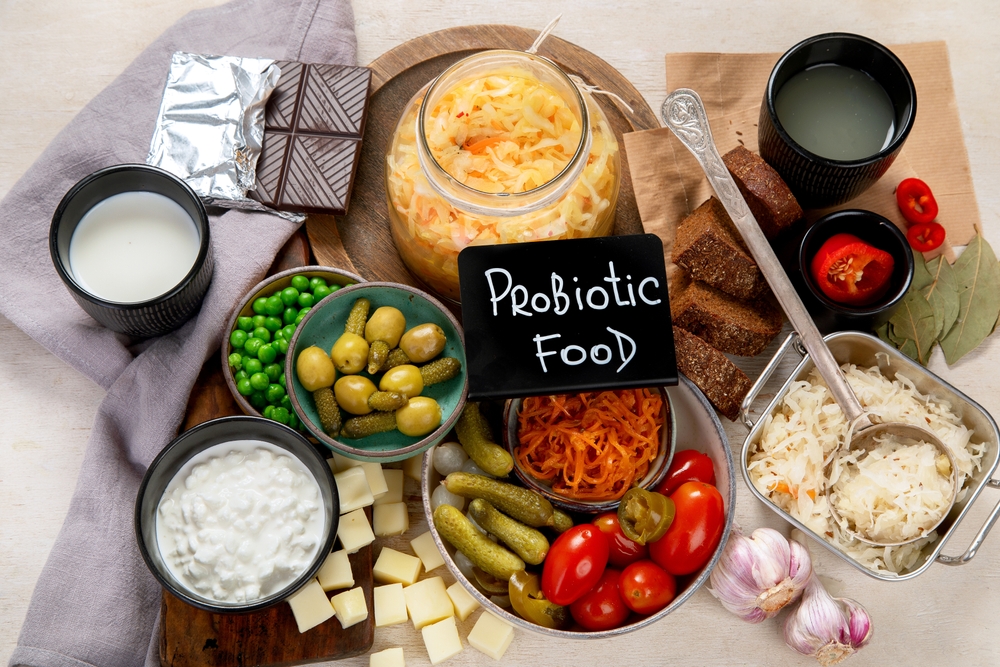
These foods introduce helpful microbes and nutrients that can restore balance in an unhealthy microbiome. Scientists have already seen promising results in early studies: one study found that a probiotic mixture rich in Bifidobacteria and Lactobacillus strains reversed opioid tolerance in morphine-dependent mice.
In an alcohol use disorder clinical trial, patients who received a fecal microbiota transplant (FMT) from a healthy donor (with high levels of Lachnospiraceae and Ruminococcaceae bacteria) had a 90% reduction in alcohol cravings, compared to only 30% in the placebo group. These examples illustrate that boosting the presence of beneficial gut bacteria can directly influence the brain and behavior, reducing the drive to seek out substances.
How Do Probiotics and Fermented Foods Achieve These Effects?
A big part of the answer lies in reducing inflammation and repairing gut-brain communication. Certain probiotic strains produce anti-inflammatory substances and help seal up a leaky gut barrier, lowering the production of those harmful cytokines that can impair mood and decision-making. For example, restoring butyrate-producing bacteria (common in fermented, fiber-rich foods) nourishes the gut lining and calms the immune system.
Probiotics also synthesize neurotransmitters and neuromodulators – Lactobacillus rhamnosus, for instance, can produce GABA (a calming brain chemical) and has been shown to reduce anxiety and alcohol intake in some studies. A healthier gut microbiome can improve mood, reduce stress, and even enhance cognitive function in recovery by raising feel-good neurotransmitters and reducing inflammatory signals. It’s important to remember that probiotics are supportive tools, not standalone cures.
Nutrition Tips for a Gut-Healing Recovery
A holistic, gut-friendly diet can be a powerful adjunct to traditional addiction treatment. Here are some science-backed nutrition tips to support your gut and overall health during recovery:
Eat Plenty of Fiber
Vegetables, fruits, beans, and whole grains contain prebiotic fibers that nourish good gut bacteria. Mix at least half your plate with colorful produce and include high-fiber foods at each meal. Eating healthy foods rich in fiber helps your microbes produce beneficial compounds that reduce inflammation and heal your gut lining.
Add Fermented Foods
Aim for at least one fermented food daily. Options include live-culture yogurt or kefir, raw sauerkraut or kimchi, miso, or kombucha. These foods deliver probiotics that crowd out harmful microbes and support a healthy balance in your gut. Even a few forkfuls of fermented veggies or a cup of yogurt daily can help repopulate your gut with beneficial bacteria.
Consider Probiotic Supplements
In early recovery, a high-quality probiotic supplement (with strains of Lactobacillus and Bifidobacterium) can help re-seed your gut with beneficial microbes. This may stabilize mood and potentially reduce cravings. Always consult your healthcare provider about the right probiotic regimen for you.
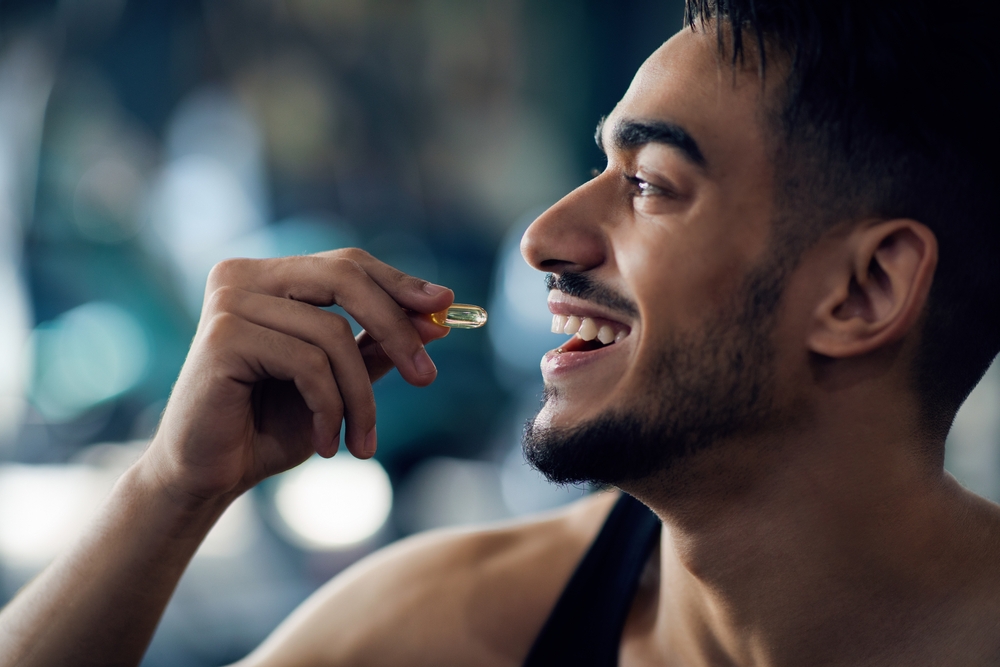
Choose Lean Proteins and Healthy Fats
Include proteins like fish, poultry, or legumes to supply amino acids that support your brain’s neurotransmitters. Pair them with healthy fats – especially omega-3s from fish, flaxseed, or walnuts – which help reduce inflammation in the gut and brain. Omega-3s have even been linked to reduced drug-seeking behavior in animal studies.
Limit Sugar and Processed Foods
Refined sugar and junk food feed the wrong kind of bacteria in your gut, worsening inflammation and dysbiosis. They also cause blood sugar spikes and crashes that can trigger mood swings and cravings. Opt for naturally sweet whole foods (fruit, sweet potatoes) when you need a treat, and save desserts or sugary drinks for occasional indulgences.
Stay Hydrated and Sleep Well
Drinking enough water supports digestion and detoxification. Aim for 7–9 hours of sleep per night, since poor sleep can disrupt the gut microbiome and increase stress hormones that drive cravings. Consistent rest and hydration allow your body to repair the gut and restore balance.
Manage Stress
Mental stress can disrupt your gut barrier and microbiome. Practice mindfulness, deep breathing, yoga, or regular exercise to control stress. Reducing stress improves your mood, increases beneficial gut bacteria, and lowers inflammation. A calmer mind and a healthier gut together mean fewer anxiety-driven urges to relapse or binge.
A Holistic Path to Lasting Recovery
Integrating gut healing into addiction treatment offers a powerful, science-backed layer of support. As research continues to confirm the connection between the microbiome and mental health, more recovery programs are embracing nutrition and probiotic support as part of a whole-person approach. This added focus on physical wellness can make emotional healing more sustainable and recovery more successful.
If you’re ready to take a more holistic path to sobriety, More Than Rehab can help. Our team supports your recovery with personalized care that treats the mind and body. Reach out today and take the next step toward lasting wellness.



